
In early 2025, Home Depot quietly removed its Diversity, Equity, and Inclusion (DEI) language from its corporate website, replacing it with a more general “WeAreTHD” section that omits explicit DEI references. This strategic decision comes amid mounting political and consumer pressures, notably influenced by former President Trump’s campaign against DEI programs.
By reframing its corporate messaging, Home Depot aims to navigate a highly polarized environment while maintaining customer loyalty and market position. The move reflects a broader trend among major retailers recalibrating their public commitments to DEI in response to backlash, balancing inclusivity with political realities. This article explores the context, implications, and challenges of Home Depot’s shift in approach to DEI.
The Role of DEI in Corporate America
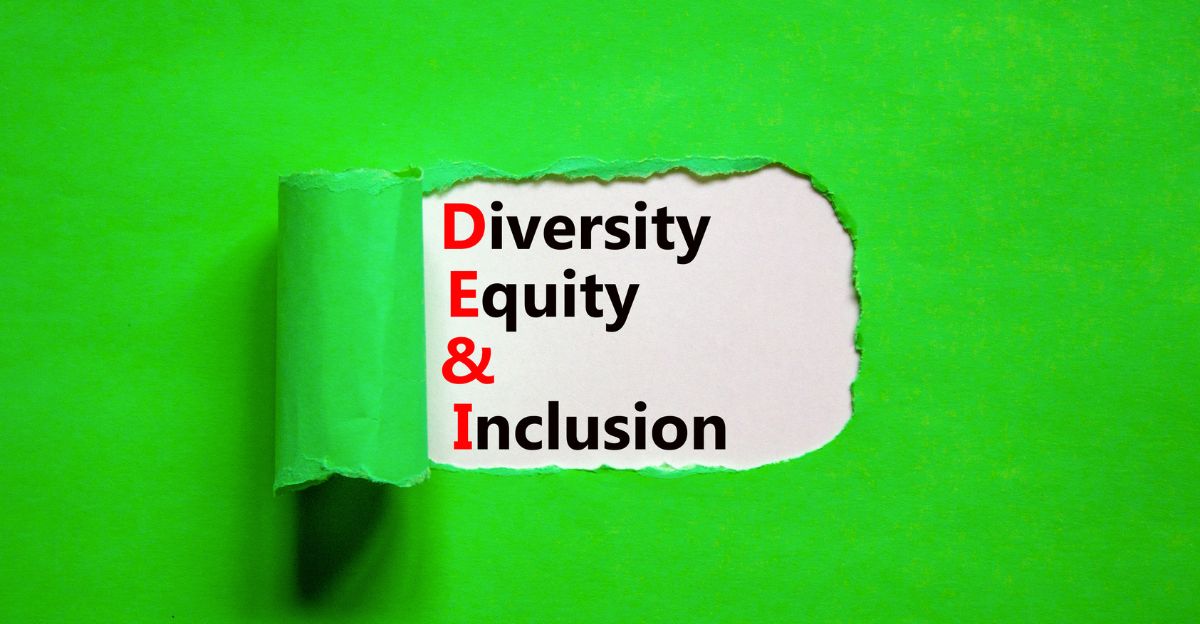
Diversity, Equity, and Inclusion initiatives have become central to many corporations over the past decade, designed to foster inclusive workplaces, attract diverse talent, and strengthen community relations. Historically, DEI policies aimed to address systemic inequities and create environments where all employees could thrive.
However, DEI has recently become politically charged, with growing polarization around its implementation. Critics argue that DEI programs can be divisive or politicized, while supporters emphasize their importance in promoting fairness and innovation. This contentious backdrop sets the stage for companies like Home Depot to reconsider how they publicly present their DEI commitments.
What Changed at Home Depot?

Around March 28, 2025, Home Depot removed its longstanding DEI page from its website’s “Responsibility” section. The page, which previously highlighted DEI as a competitive advantage and key to long-term success, replaced a “WeAreTHD” section. This new page emphasizes a welcoming culture and employee benefits but notably excludes the terms diversity, equity, and inclusion.
The company’s 2025 SEC report also replaced the “Diversity, Equity and Inclusion” section with “Respect For All People,” signaling a strategic rebranding rather than completely abandoning inclusive values. This subtle shift reflects a move to maintain a positive corporate culture while avoiding politically sensitive terminology.
Political Influence on Corporate Policies
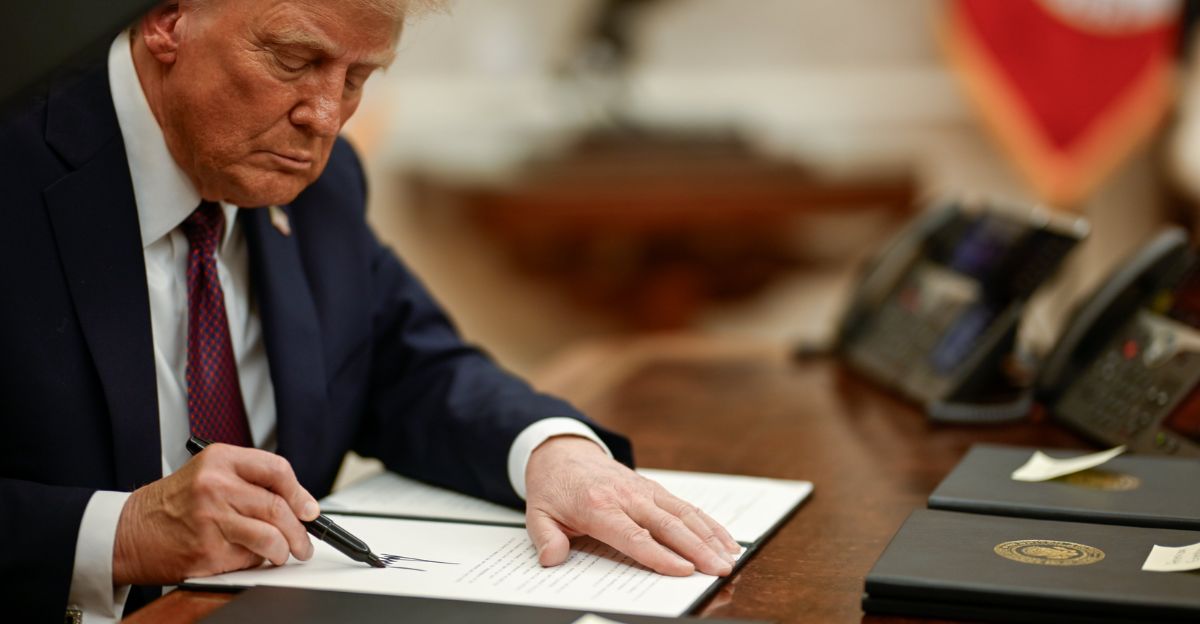
Political pressure, particularly from former President Trump, has significantly motivated Home Depot and other retailers to scale back DEI initiatives. Trump’s executive order demanding the elimination of DEI programs in federal agencies and private businesses has emboldened conservative groups to push for similar rollbacks.
Retail giants like Walmart and Target have followed suit, removing or downplaying DEI language on their platforms. These political dynamics influence corporate decision-making considerably, as companies weigh the risks of alienating certain voter blocs or consumer segments against their diversity commitments.
Customer Reactions and Boycott Calls
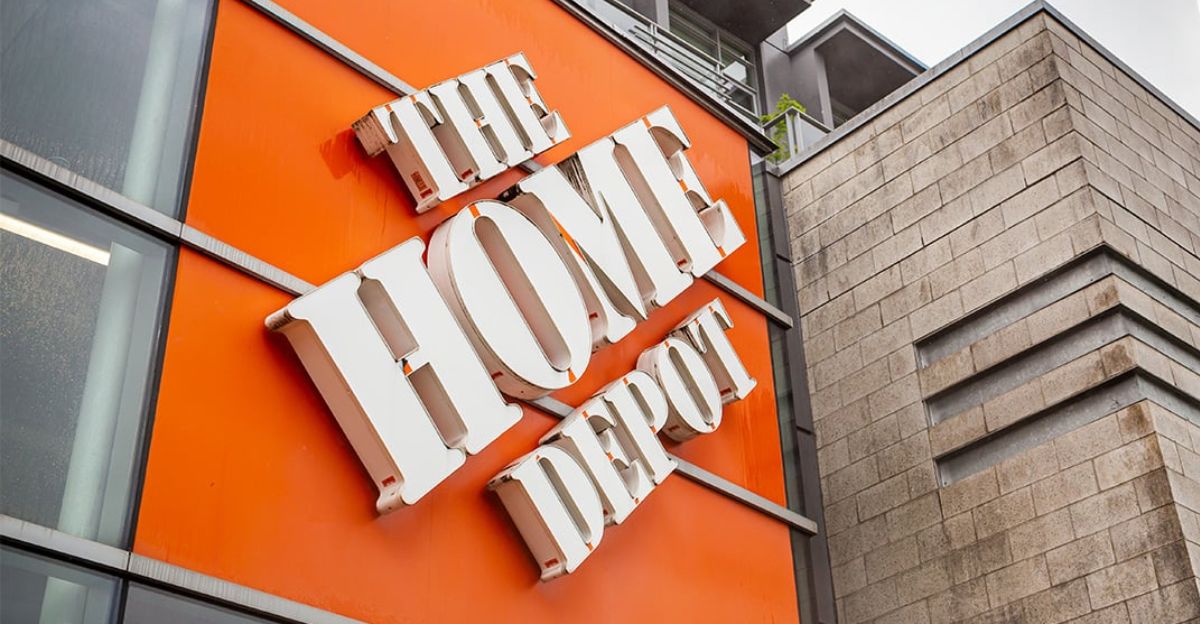
Home Depot’s DEI rollback has provoked mixed reactions from consumers. Many customers have expressed anger and disappointment on social media, accusing the company of regressing on inclusivity and calling for boycotts. Advocacy groups warn that such moves could undermine decades of progress in civil rights protections.
Conversely, segments of the customer base, including supporters of Trump’s policies, have praised the decision as a stand against what they view as divisive corporate practices. This polarization presents reputational risks and opportunities, forcing Home Depot to manage its messaging and customer relationships carefully.
Navigating Market and Political Realities

Home Depot is attempting a delicate balancing act: maintaining a welcoming and inclusive culture while removing explicit DEI language to appease political pressures and certain consumer groups. By focusing on broad values like “Respect For All People” and emphasizing competitive wages and employee development, the company seeks to avoid alienating key demographics.
This strategic repositioning reflects an effort to sustain business performance and brand loyalty amid a volatile socio-political landscape, demonstrating corporate agility in responding to external pressures without entirely abandoning core cultural commitments.
Unexpected Challenges: Immigration Raids Impact

Recent immigration raids at multiple locations in Los Angeles have complicated Home Depot’s public image. These enforcement actions have spotlighted the company’s immigrant workforce and customer base, adding tension to its efforts to project inclusivity amid the DEI rollback.
The raids risk alienating immigrant communities and employees, potentially exacerbating reputational challenges. This intersection of immigration enforcement and corporate policy highlights the complex social issues Home Depot must navigate, underscoring the multifaceted nature of its current challenges beyond DEI language alone.
Tariffs, Pricing, and Competitive Strategy
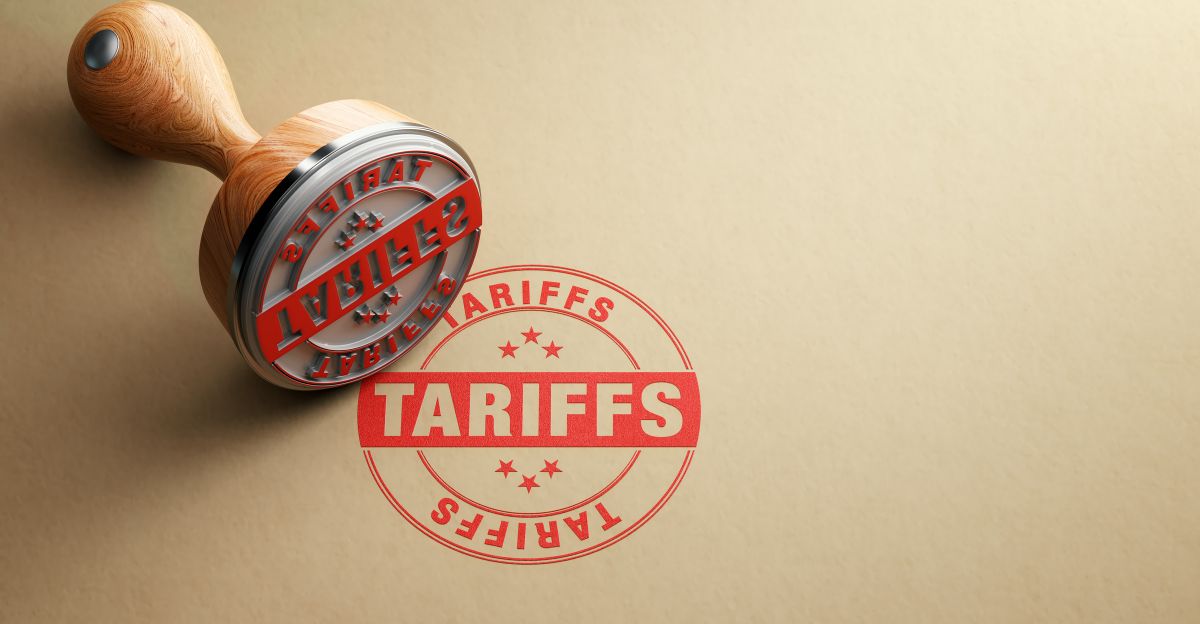
Alongside social and political pressures, Home Depot manages economic challenges such as tariffs on imported goods. The company has selectively adjusted prices, raising some while lowering others to capture market share and remain competitive.
This pricing agility complements its strategic repositioning on DEI, reflecting a broader approach to navigating a volatile environment marked by both political polarization and economic uncertainty. Home Depot’s ability to adapt pricing and messaging strategies simultaneously illustrates its commitment to sustaining growth amid multifaceted pressures.
How Other Retailers Are Responding

Home Depot’s rollback of DEI initiatives fits a wider industry pattern. Major retailers like Walmart and Target have similarly scaled back or rebranded their DEI commitments in response to political and consumer backlash. This trend raises questions about the long-term sustainability of corporate diversity efforts in the current climate.
While some companies maintain internal DEI programs, their public messaging often shifts toward more neutral language, reflecting a cautious approach to balancing inclusivity with market realities. The retail sector’s evolving stance on DEI may reshape diversity efforts for years.
Future Prospects for Home Depot and DEI in Retail
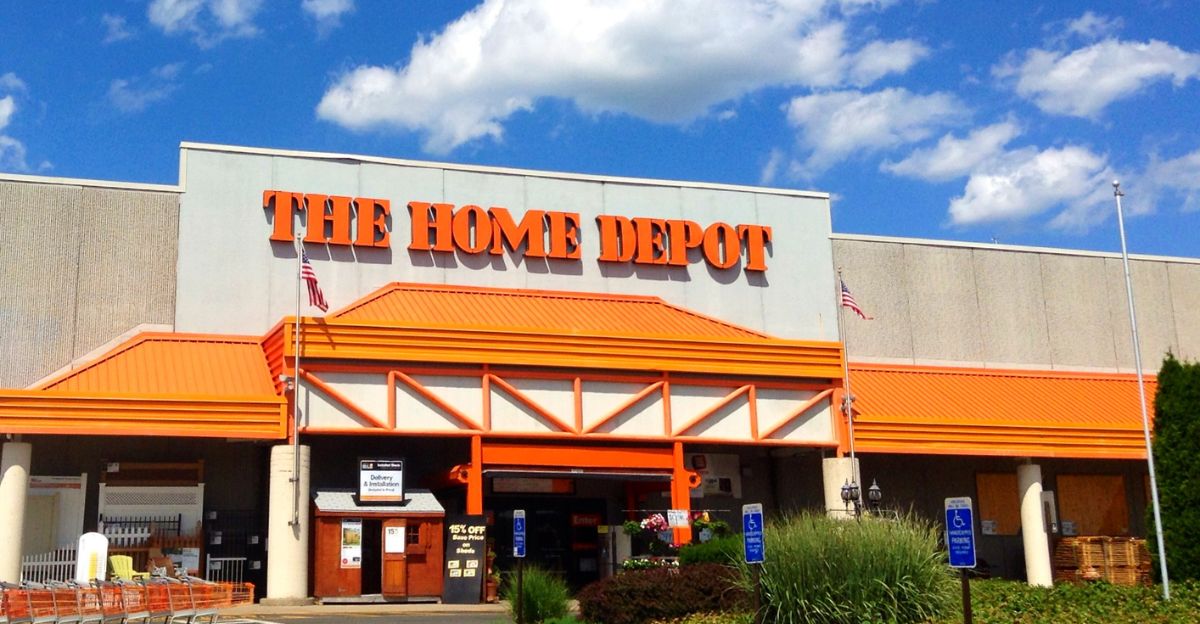
Home Depot’s quiet removal of DEI language represents a calculated move to outmaneuver political and consumer pressures while preserving its market position. The company’s shift to broader values like respect and employee investment signals an attempt to maintain inclusivity without provoking backlash.
However, the future of DEI in retail remains uncertain, with ongoing polarization likely to influence corporate strategies. Monitoring how these changes affect corporate culture, customer loyalty, and social responsibility will be crucial as companies navigate this complex landscape. Home Depot’s experience may serve as a bellwether for the evolving role of DEI in American business.
